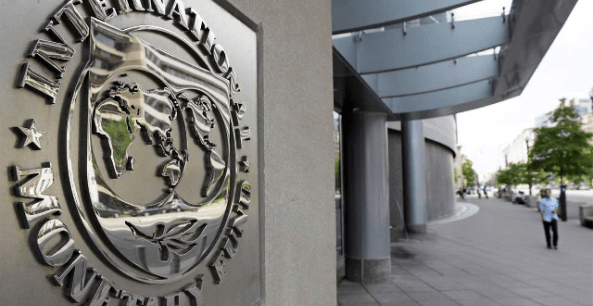The International Monetary Fund (IMF) has advised the Nigerian government to increase its cash transfer initiatives to assist poor Nigerians in coping with the current cost of living crisis. Axel Schimmelpfennig, the IMF’s Assistant Director for the African Department and Mission Chief to Nigeria, emphasized this during the briefing on Nigeria’s Article IV Consultation.
Schimmelpfennig stated, “We very much recognize the pain many Nigerians face now. Hence, our emphasis is on scaling up the cash transfer program. It can reach up to 50 million recipients, benefiting some 65 million Nigerians in need.”
Acknowledgment of Nigerian Struggles
The IMF acknowledged the challenges Nigerians are experiencing due to rising inflation and ongoing reforms. Schimmelpfennig remarked, “There is a lot of pain for Nigerians right now, and our policy advice aims to support those in need while reinvigorating growth and job creation.”
He stressed the importance of implementing and scaling up cash transfer systems and other support mechanisms to help Nigerians cope with the ongoing cost of living crisis.
Support for Inflation Reduction Efforts
The IMF supported the Central Bank of Nigeria’s commitment to reducing inflation, disproportionately affecting the poor.
Fiscal Policy Constraints
The IMF’s latest staff report for Nigeria highlighted constraints in fiscal policy due to low government revenue, which is about 9.4% of the country’s Gross Domestic Product (GDP).
The report emphasized the need for fiscal policy to support vulnerable households, create space for social and development spending, and maintain debt sustainability. It suggested reprioritizing expenditures to ensure social protection and prioritize spending on social protection and other critical areas.
The IMF recommended a sequencing approach to ensuring safety nets are in place or strengthened before implementing measures that could adversely impact poor and vulnerable households.
Key Considerations
Cash transfers have been identified as a potential tool to alleviate poverty, but recent research indicates limited effectiveness in Nigeria’s conditional cash transfer program. The government has revamped the program to combat fraud and ensure effective implementation.
In light of alleged misappropriations and ongoing investigations within the cash transfer program, the government aims to enhance transparency and accountability in its initiatives to support vulnerable populations.
Overall, the IMF’s recommendations underscore the importance of targeted interventions to address the immediate needs of the poor while promoting sustainable economic growth and development.


